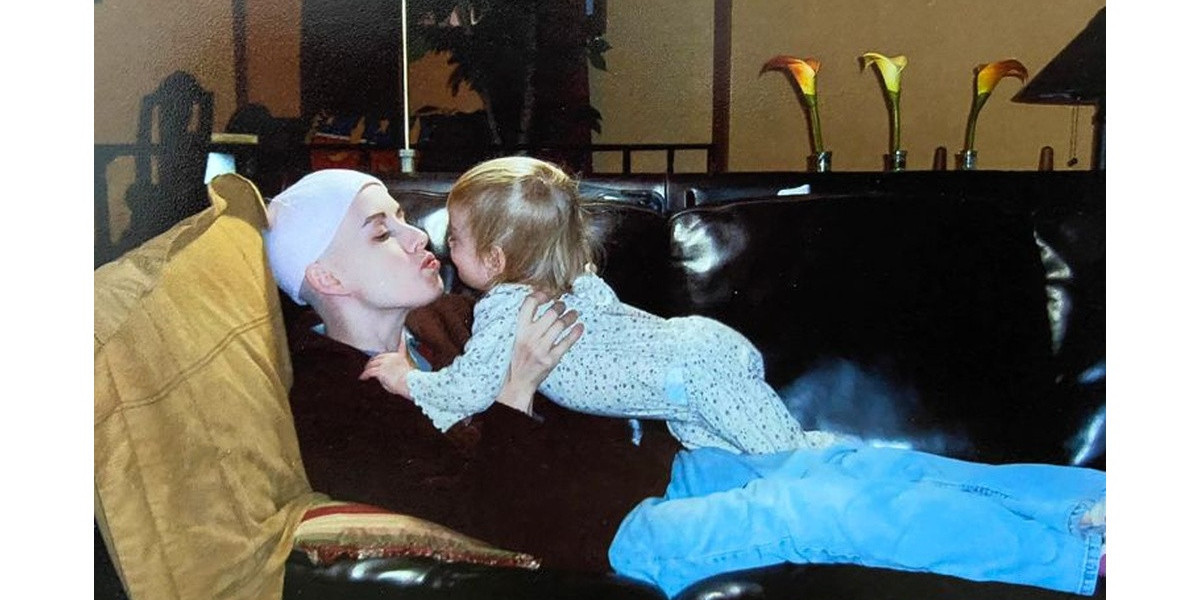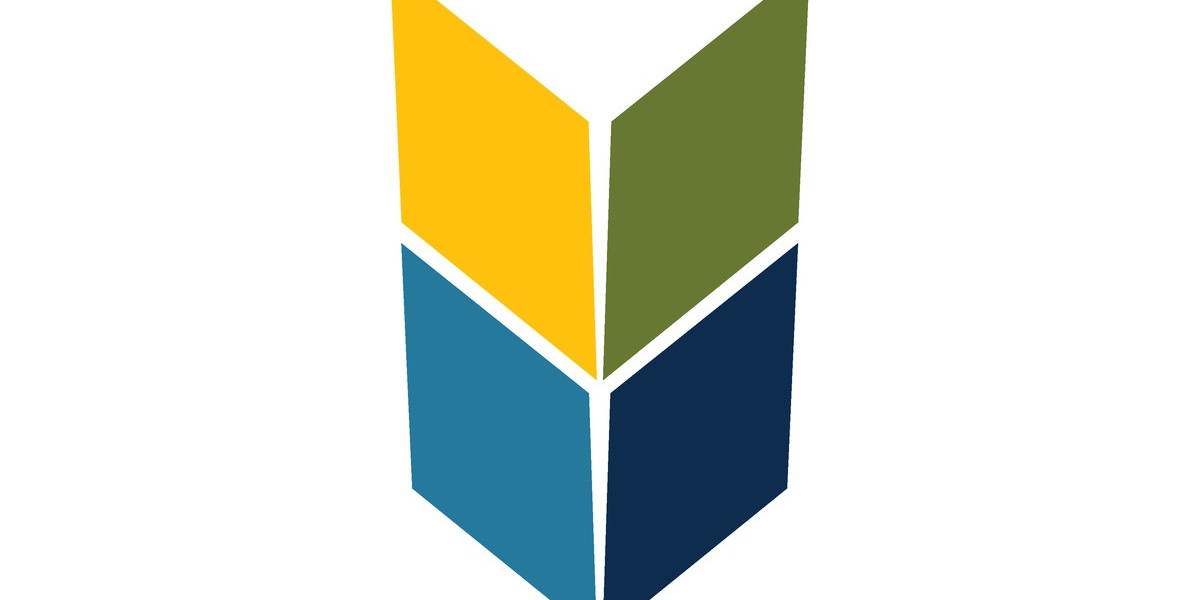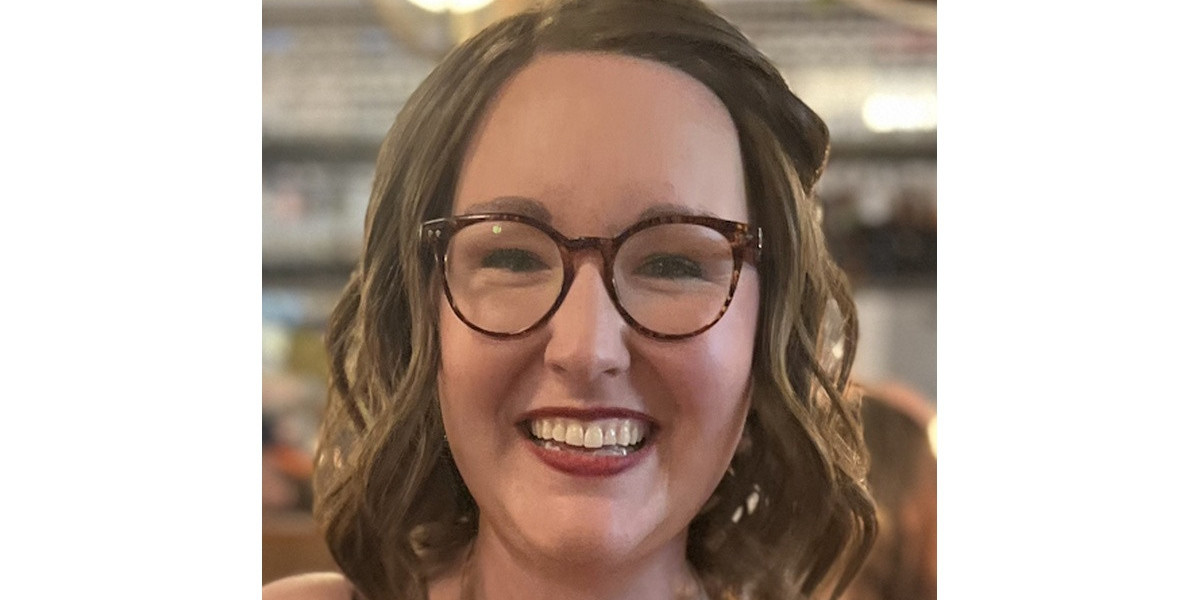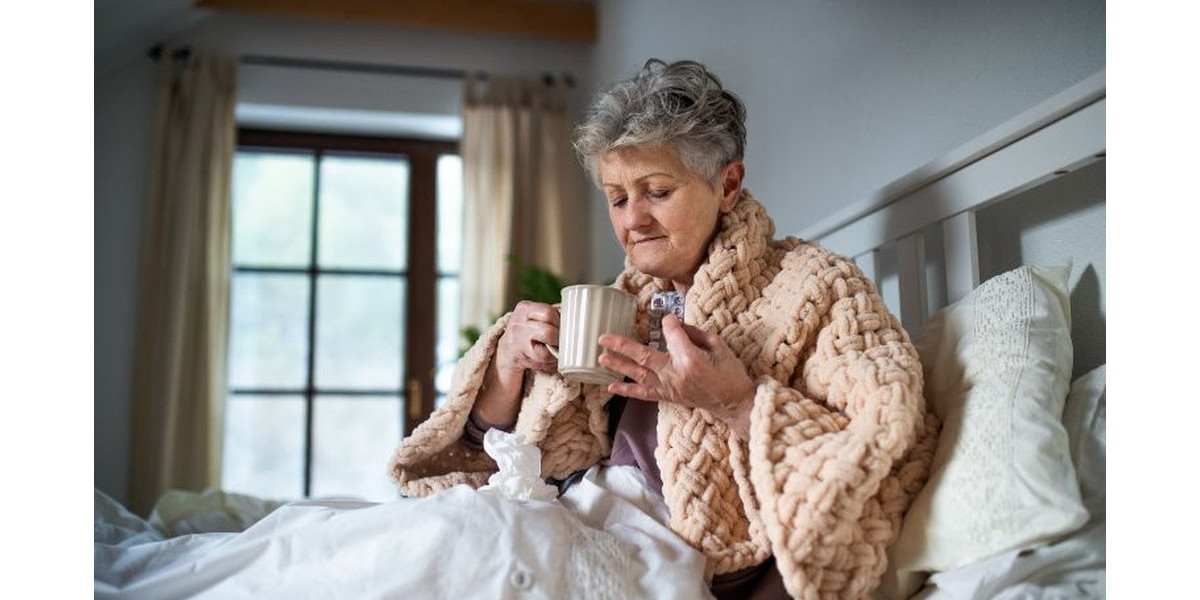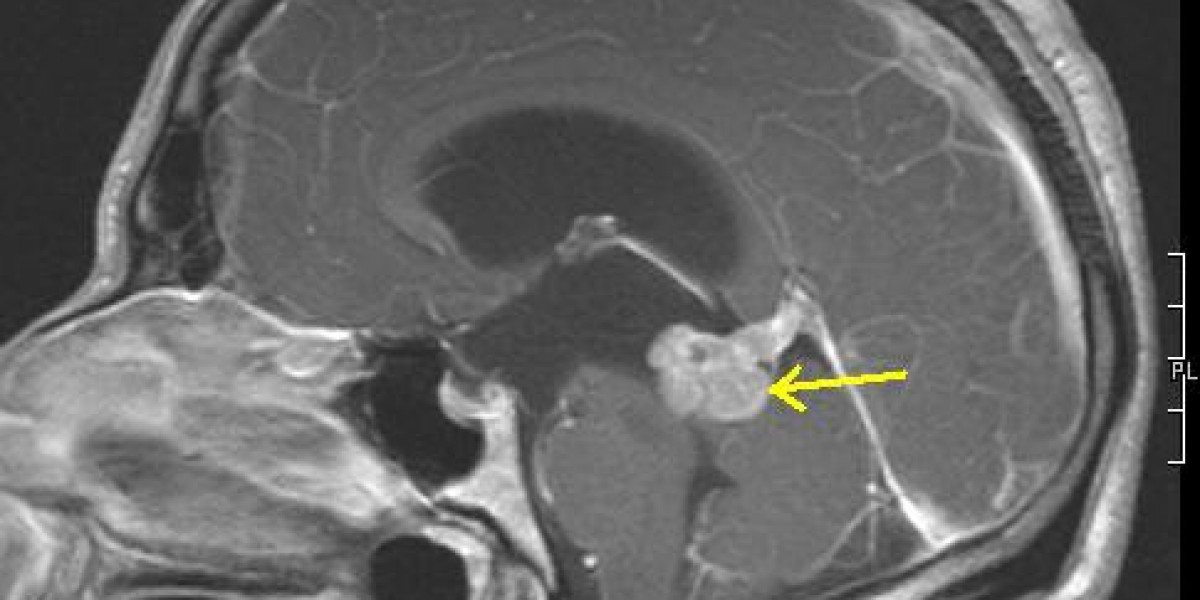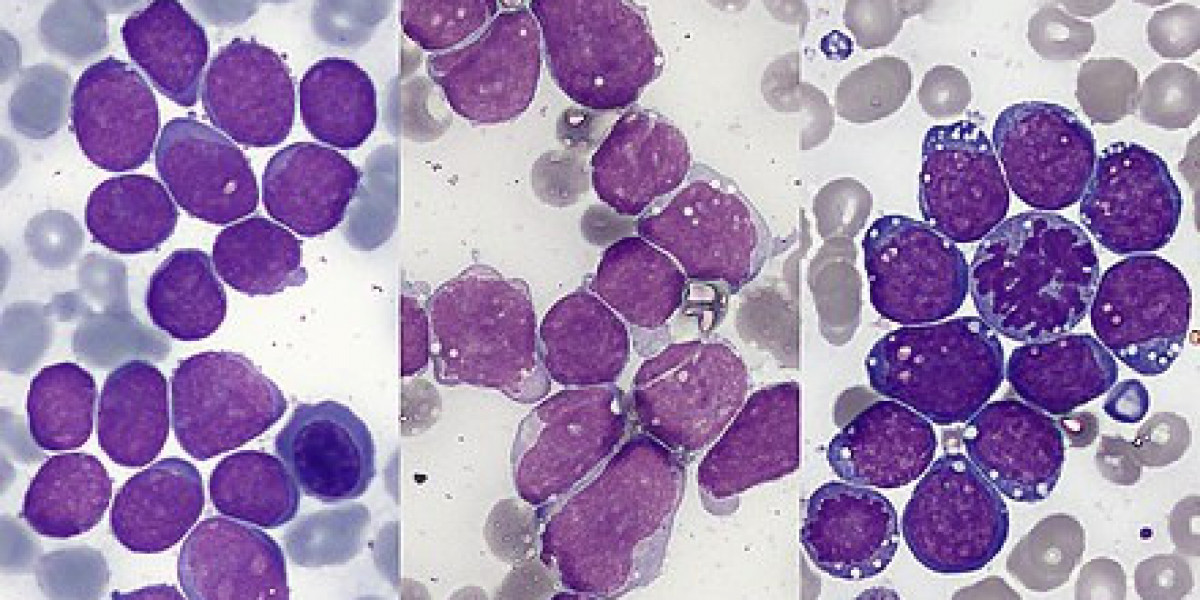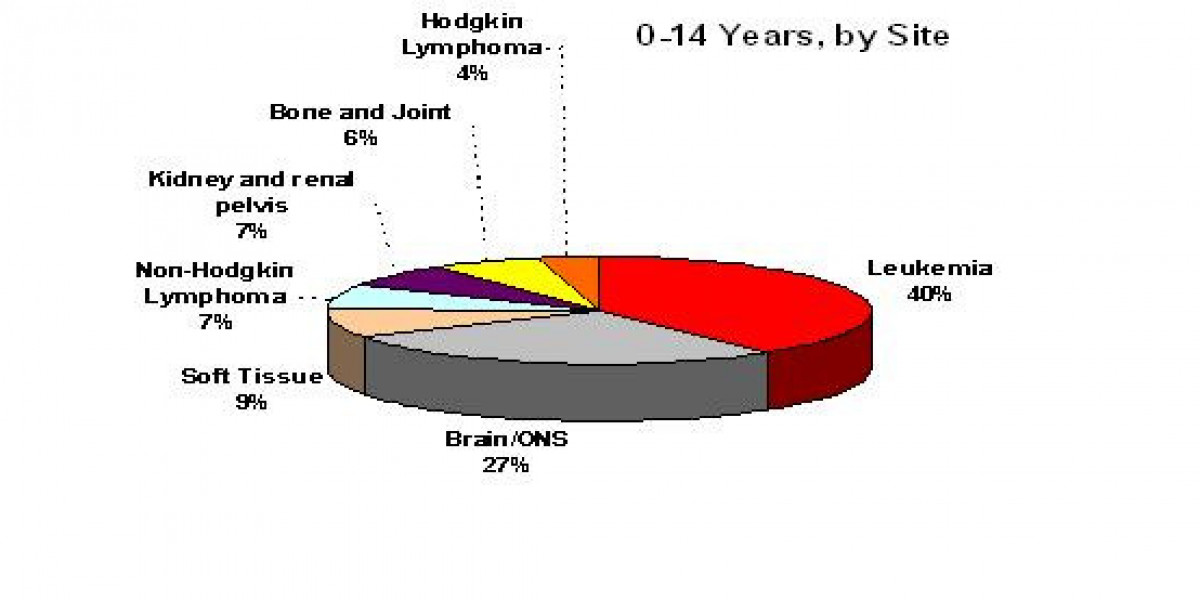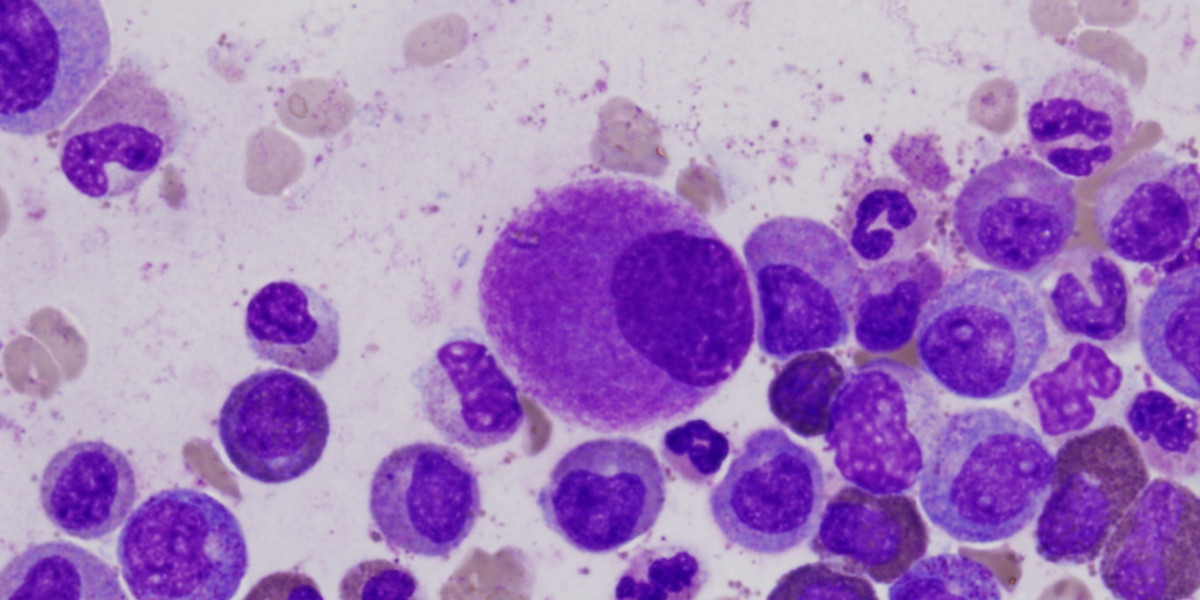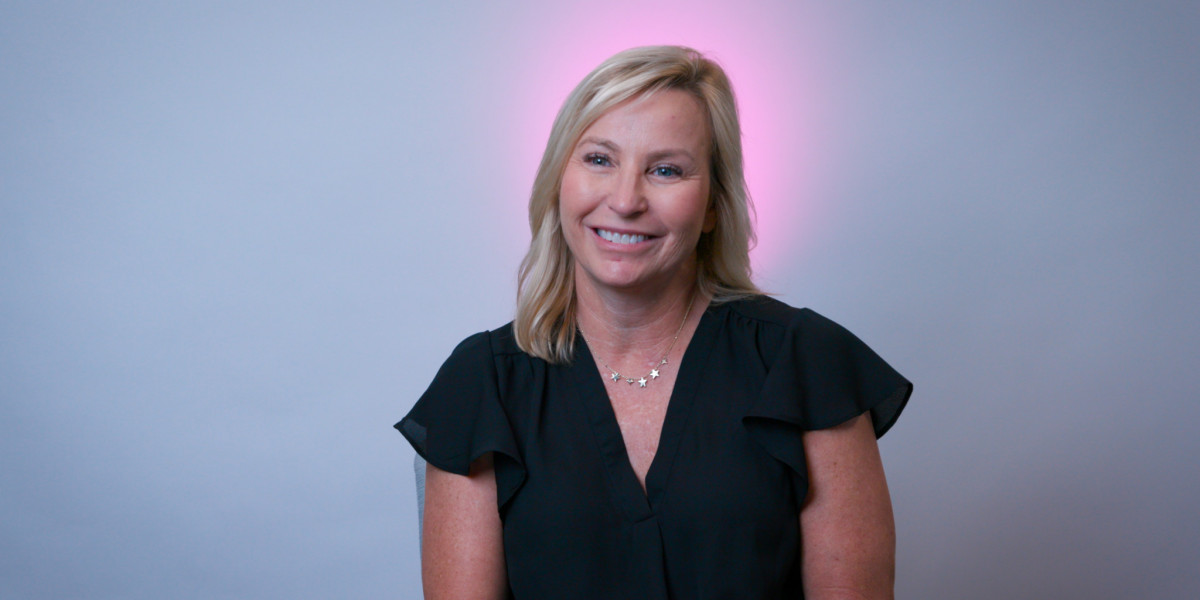Blogs>ATM gene mutation and breast cancer: A mother and daughter’s story
Diagnosed at 28, I never imagined my daughter would face the same risk
“I’m only 28. I have no family history.”
That was the mantra I repeated to myself in September 2007, standing in front of the coldmammogramplate, trying to stay calm. Just two months earlier, my husband had found a lump in my breast. I had just begun weaning our one-year-old daughter, and I reassured him it was nothing more than a cloggedmilk duct. Surely, it would resolve on its own. But it didn’t.
The lump grew, and so did our concern. Now, there I was, 28 years old, the mother of a toddler and a preschooler, having my first mammogram. I still believed it would turn out to be nothing. After all, I was young. I was healthy. And I had no family history.
As thetechnicianpressed the plate to my chest, my still-engorged breast sprayed milk onto the wall. It brought a burst of laughter to an otherwise tense moment. That laughter helped settle me, until theradiologistentered the room and pointed out a large area of calcifications. He recommended abiopsy. Immediately.
I delayed it. Between caring for my daughter and three-year-old son, starting work as an LPN in urgent care, standing up in a friend’s wedding, and studying to become an RN, I just didn’t have time. The radiologist urged me to act quickly, but I scheduled the biopsy for October 11.
Four days after the biopsy, I received mydiagnosis.
The thoughts came fast and without mercy. I was devastated. Would I see my son start kindergarten? Would I be there when my daughter entered preschool?
Spoiler alert: I was there to see them grow up. Today, my son is 21 and working as an EMT. My daughter is 19 and just finished her first year of college.
The years in between were not easy. I parented two small children while going through active treatment. Then I parented two active, growing kids while dealing with the long-term effects ofsurgery,chemotherapy, and aromatase inhibitors.
One thing that has been a constant in my life is worry — especially for my daughter.
I lived for 27 years without breast cancer on my radar. But my daughter has never known a life without it. When she was in middle school, she asked me, “When will I get breast cancer?”
In 2008, I underwentgenetic testing. At the time, only the BRCA mutations were known. I tested negative, but an unknown variant was noted. I was told it might be something we didn’t yet know how to interpret and advised to consider retesting as science evolved.
Years later, apaternalcousin was diagnosed with breast cancer at 39. She, her sister, and her daughter tested positive for amutationin the ATMgene. I decided to be retested and also tested positive for the same mutation.
Then, just as I thought I might finally cross the finish line of raising my children without another major health challenge, I was diagnosed with arecurrenceon my rightchest wall. I was 41. It was 2021 and five days before my daughter’s fifteenth birthday.
With guidance from others who’d been through something similar, I chose not to push my daughter to get tested right away. I wanted her to make that decision for herself when she turned 18.
In the meantime, she became proactive in her own care. She asked her pediatrician to beginclinicalbreast exams and learned how to do self-exams. She knows she can start mammograms at 21. And last year, after turning 18, she made the decision to go through genetic testing.
She tested positive for the same ATM mutation.
When we got the results, I felt a familiar wave of guilt – how I wished mygeneticsdidn’t mean that she had to worry about breast cancer. But I also felt proud of her. She had been so clear-eyed and matter-of-fact about her increased risk all these years. She had asked the hard questions. So, when she learned the official results, she coped better than I did. Comforting me, she said, “Mom, it’s okay, it’s not a surprise. And at least I know. Don’t be upset about it.”
She took control.
Social media and websites like Living Beyond Breast Cancer have helped her connect with other young people who carry ahereditaryrisk. She’s not alone. And most importantly, she will never dismiss a lump or delay ascreening, no matter how busy life gets.
Unlike me, she will know that there is no such thing as being too young for breast cancer.
To parents who are worried about your children inheriting your diagnosis, please remember that our children have watched us be strong in the face of adversity. By doing so, we have given them the tools to meet cancer, as well as many other challenges, head on.
Klara Hartfiel
DISCLAIMER:
The views and opinions of our bloggers represent the views and opinions of the bloggers alone and not those of Living Beyond Breast Cancer. Also understand that Living Beyond Breast Cancer does not medically review any information or content contained on, or distributed through, its blog and therefore does not endorse the accuracy or reliability of any such information or content. Through our blog, we merely seek to give individuals creative freedom to tell their stories. It is not a substitute for professional counseling or medical advice.
Testing and precision medicine
Testing is important in breast cancer precision medicine—care based on your unique health history and lifestyle. The right tests can help you and your team choose the most effective treatments.
Inherited BRCA mutations
Certain patterns in your family’s health history may suggest that you or your relatives carry a gene mutation linked to breast cancer.
Sharing your inherited genetic test results
Getting tested for an inherited genetic mutation often means that at some point, you will share your results with family members. It can bring up many mixed feelings, ranging from anxiety and guilt to relief.
High-risk / Concerned
Some people are more likely than others to be diagnosed with breast cancer. Previvor is a term that’s often used to describe people who have a high risk of developing breast cancer.
Understanding genetic test results
Test results indicate whether you carry a gene mutation (positive), no mutation detected (negative), or a variant of uncertain significance—a gene change with unclear cancer risk implications.
Genetic testing for inherited mutations
Inherited genetic mutations passed on to us by our parents can cause hereditary breast cancer. Only about five to 10% of all breast cancers are linked to inherited gene mutations.
Genetic counseling
Genetic counseling is the process of meeting with a genetic counselor to discuss your family health history and whether genetic testing is right for you. A genetic counselor is a healthcare provider.
FISH tests
A FISH test is a lab test performed on tissue taken from a biopsy or breast cancer surgery, that can confirm breast cancer’s HER2 status if other test results are inconclusive.
Early-stage breast cancer trial search
Use this tool to find early-stage breast cancer clinical trials across the United States.
Books for kids
The Reading for Reassurance program shares books tailored for children with a parent who has been diagnosed with breast cancer in the last six months.
Sign up to receive emotional support, medical insight, personal stories, and more, delivered to your inbox weekly.
We'll send support straight to your inbox.
Klara Hartfiel
Tagged:
Was this page helpful?
Living Beyond Breast Cancer is a national nonprofit organization that seeks to create a world that understands there is more than one way to have breast cancer. To fulfill its mission of providing trusted information and a community of support to those impacted by the disease, Living Beyond Breast Cancer offers on-demand emotional, practical, and evidence-based content. For over 30 years, the organization has remained committed to creating a culture of acceptance — where sharing the diversity of the lived experience of breast cancer fosters self-advocacy and hope. For more information,learn more about our programs and services.
Living Beyond Breast Cancer
40 Monument Road, Suite 104
Bala Cynwyd, PA 19004
©2025 Living Beyond Breast Cancer
Originally published on The Patient Story: https://www.lbbc.org/blog/atm-gene-mutation-and-breast-cancer-a-mother-and-daughters-story
